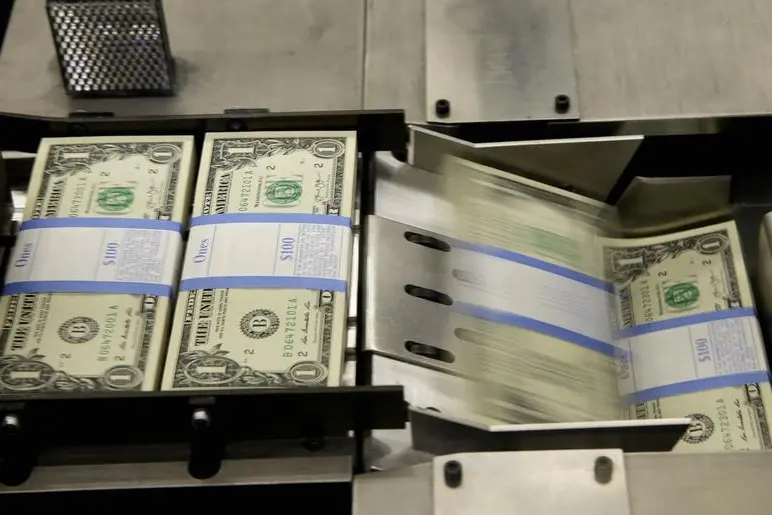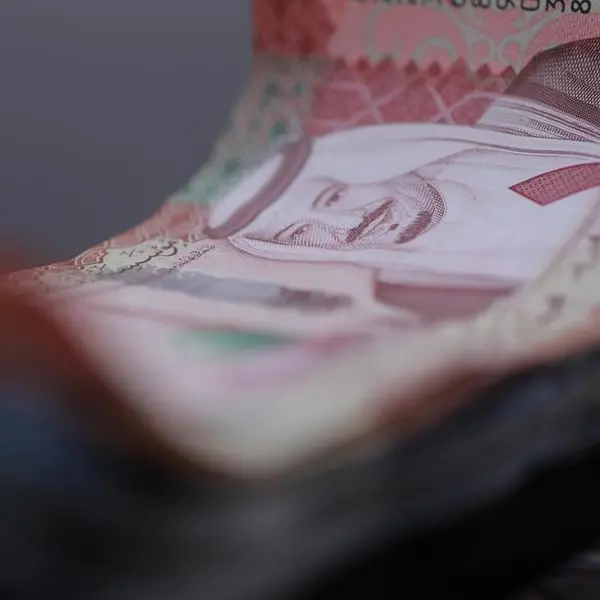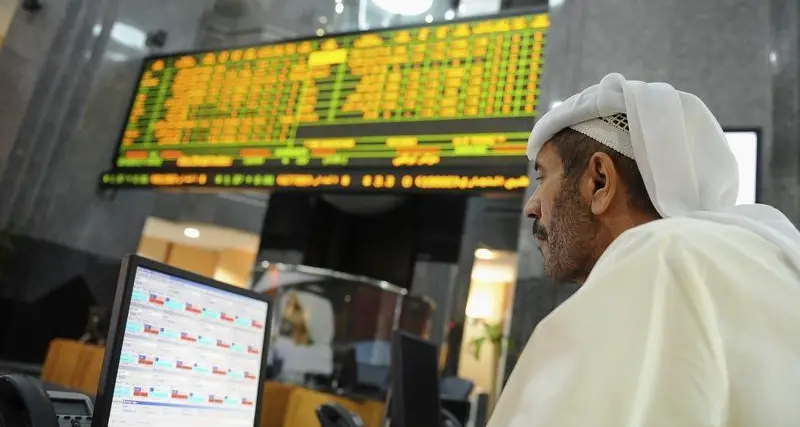PHOTO
Julie Zhu
Hong Kong - Baidu Inc and JD.com will join other big Chinese technology firms to jointly invest about $12 billion in the Shanghai-listed unit of China Unicom, the weakest of three big state-owned telecoms firms, two people with direct knowledge of the matter said.
The move is part of the Chinese government's drive to rejuvenate state behemoths with private capital. Beijing added China Unicom last year to a first batch of state-owned enterprises to see mixed-ownership reform.
China Unicom, formally known as China United Network Communications Group Co Ltd, is one of the world's largest mobile carriers by user numbers, but its recent earnings have struggled in a fiercely competitive market.
The carrier is widely seen as over-staffed, inefficient and slow to develop key technologies. It already lags state-owned China Mobile and China Telecom, and private firms have moved ahead in developing cloud and big data services, and mobile software.
Reuters reported last month that Alibaba Group Holdings and Tencent Holdings would be among new investors putting a total of about $10 billion into China United Network Communications Ltd, China Unicom's Shanghai-listed unit.
That total is likely to rise to about 80 billion yuan ($11.8 billion), with Baidu, China's biggest internet search provider, investing about 10 billion yuan ($1.48 billion), and JD.com, the country's second-largest e-commerce company, putting in about 5 billion yuan, one of the people said.
The China Unicom unit is likely to raise 15 billion yuan from Tencent and 7 billion yuan from Alibaba, while China Life Investment Holding Co Ltd would be the biggest new investor, with a 20 billion yuan commitment, that person added.
Overall, it would be the largest capital raising in the Asia-Pacific region since insurer AIA Group's 2010 initial public offering, according to Thomson Reuters data.
The majority of the capital would be raised through new share issues, while China Unicom would also sell part of its stake in the Shanghai unit, the two people said.
Both sources declined to be identified as the talks are not public.
Baidu and JD.com declined to comment, and China Unicom, Alibaba and Tencent didn't respond to Reuters requests for comment. China Life Investment Holding could not immediately be reached for comment.
China's State-owned Assets Supervision and Administration Commission (SASAC), which oversees state enterprises, also did not respond to requests for comment.
5g Push
After the share sale, China Unicom's stake in the Shanghai-listed business would fall to just above 40 percent, from 63 percent currently, one of the sources said, and top investors, including China Life Investment and Tencent, would likely have seats on the firm's board to engage in its operations and improve its management.
Both sources said teaming up with China's big tech companies, particularly Tencent and Alibaba, would help revive China Unicom by lowering the cost of attracting new users and shifting its focus from traditional telecoms services to digital information services.
The share sale also comes at a time when Beijing is pushing to build the world's largest fifth-generation (5G) mobile network - bringing a significant speed upgrade from today's 4G network.
China's 5G market could be worth 1.1 trillion yuan, or 3.2 percent of GDP, by 2025, according to a recent research paper from the Ministry of Industry and Information Technology.
The capital raising would give China Unicom the firepower to boost its spending on 5G.
Share trading in China Unicom's Shanghai-listed unit has been halted since it said in early April it would be part of the government's mixed-ownership pilot. It gave no further details at that time. Prior to that suspension, the unit's market value topped $23 billion.
A week ago, the unit said it was waiting for regulatory approvals over details of the mixed-ownership plans, and trading in its shares would remain suspended for another month.
The sources said the share sale plan is likely to be finalized by late August.
Reporting by Julie Zhu in Hong Kong, with additional reporting by Cate Cadell in Beijing and Sijia Jiang in Hong Kong; Editing by Ian Geoghegan
© Reuters News 2017












